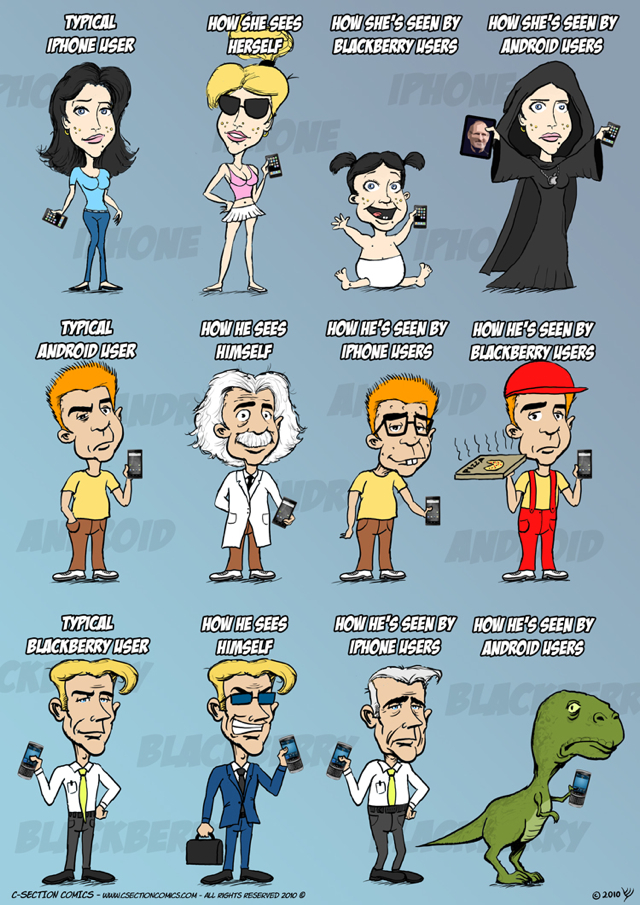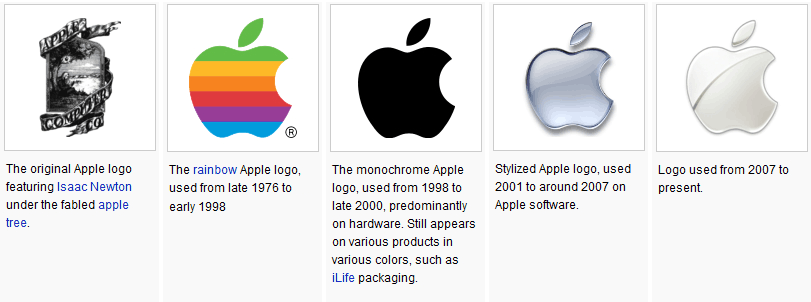I do mean it. Companies should not take social media all that seriously!
Have I lost it? Just a couple of months back, I
wrote that social media makes a great impact on the image of a company and consumers can make themselves heard quicker and be assured that they'll be responded to.
So, what has changed? Nothing. Social media continues to enjoy its status of the most powerful 'CRM' tool, today. Not only has it made companies listen to customers and respond to them faster, but it has impacted them on issues which could rather be classified as not in the 'public' domain. It has made
GAP and
Tropicana revert to their earlier brand avataars. Brands, really great ones, buckling under
virtual pressure.
And I say nonsense!
First of all, despite being an MBA with specialization in Marketing and having worked in Communications industry for more than 10 years, I haven't quite figured out why does a logo need to be changed! Of course, many reasons are given, some meaningful while others shallow. More importantly, do companies imagine that they can change the market scenario just by changing their brand identity?

Abraham Chacko, my ex-colleague and friend, during our discussion on
Airtel's new identity said that the company could have used the money more effectively by innovating and offering services to attract new customers and retain its existing base. Quite a valid point! Remember
good packaging doesn't necessarily mean good product.
What it could have done is a different story. What it has done and how it will affect its position is to be seen. But what I do appreciate is that Airtel didn't buckle under the severe criticism that followed after it unveiled its new identity, unlike the others.
There's a story about the architect of the legendary Taj Mahal Hotel. Apparently, he threw
himself overboard because he found that though the hotel was built as per his design, the directions were changed! Not sure if the story is true, but am sure designers of GAP and Tropicana certainly would have felt more miserable.
Companies/Brands are taking social media far too seriously for their own good. You show disrespect not only to the consultant who (probably) has the right credential but also to your own self. Remember social media is just a part of the entire universe of customer audience for you. And most of the time, these social media netizens don't have the right credentials.
I am sure many of you would have heard the story about how Steve Jobs decided upon Apple as the brand name and how the logo came about. Can you imagine what the 'brand gurus' in social media would have said?
Thank god, Steve Jobs didn't have to face 'experts' in social media.






